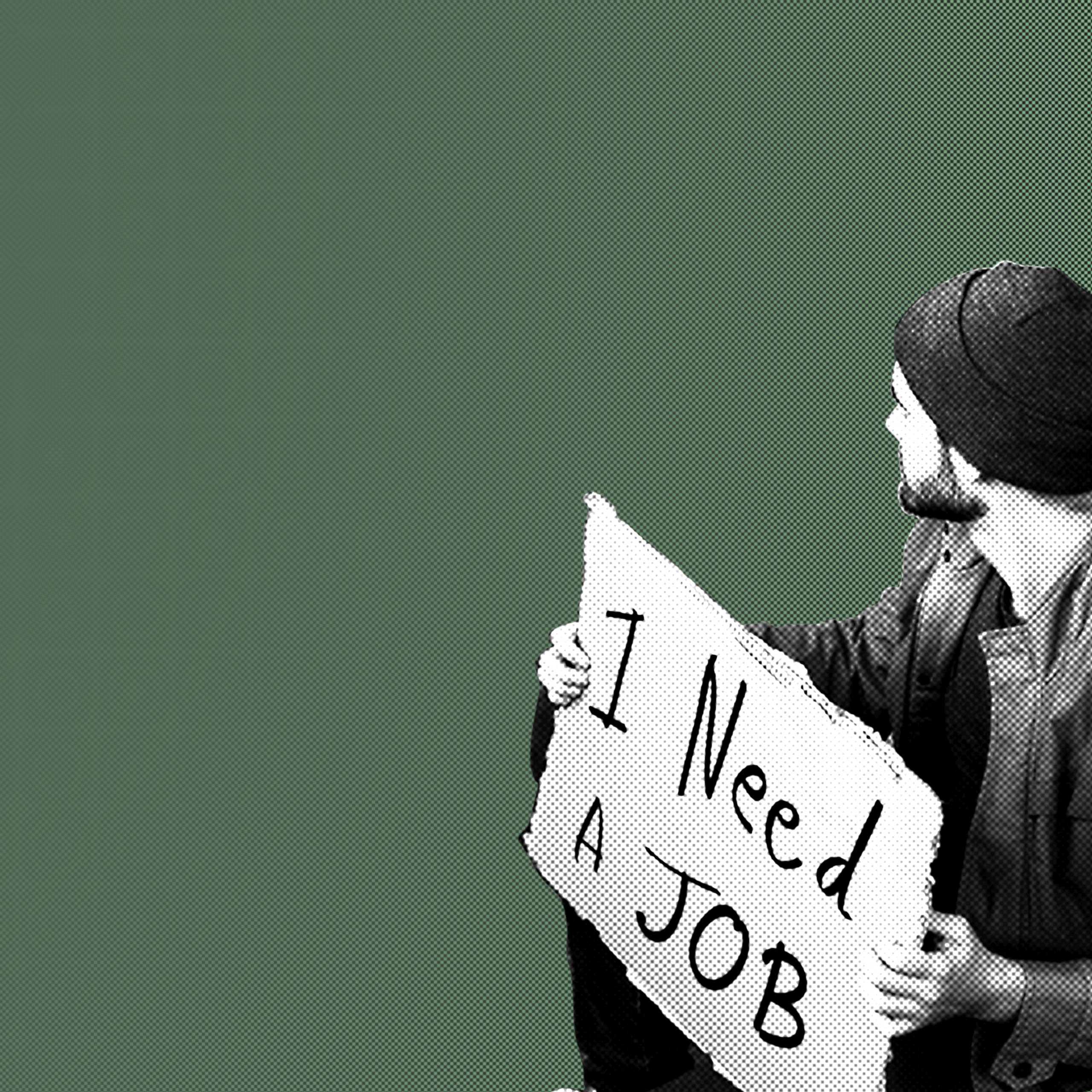
Signs You Will Be Laid Off
No one expects to be blindsided by a layoff in their career. But what happens when you start noticing some subtle and some not-so-subtle signs that one is coming? Having knowledge of a possible layoff ahead of time could put you at an advantage in order to prepare for what steps you should take next. However, before you start making moves, it’s important to understand who is most affected by layoffs. The intention of this article is to help bring to focus some of the signs you can look for, whose job might be in jeopardy, what departments or fields tend to be hit first, and how to know if you might be next.
The climate of business has changed and many are facing the reality of layoffs. While some are simply due to corporate downsizing, others might have to do with restructuring due to outsourcing something an entire department might have done. Most often, employers aren’t going to share with their entire staff what’s ahead but they might give a few clues as to layoffs ahead. Take a look at six of some of the most obvious signs you might be experiencing a layoff:
6 signs you’re about to be laid off:
- Hiring or spending freezes
- Employees who leave are not being replaced
- Projects are being put off
- Mergers and acquisitions
- Change in behavior of your boss
- Executives leaving
You may also notice an increase in closed-door management meetings or you may be asked to cross-train another employee on your tasks or to document your own role and responsibilities. Have you noticed an increase in your boss’ involvement on networking platforms? Has he/she updated their LinkedIn profile and begun networking more often? Recognizing these changes may give you cues that it’s time to start planning your next steps and when it’s time for you to begin making them.


Layoffs occur for a number of reasons – from larger companies taking over responsibilities at a reduced rate putting smaller companies in jeopardy to the outsourcing of processes simply to create more efficiency in the workplace. Not to mention the economic impact recession has on businesses and organizations.
During economic downturns, the impact recession has on jobs brings the word layoff into a part of the regular vocabulary many workplaces have not heard in the past. In such times, being agile and adaptable can make a significant difference in whether you keep your job or not.
Who Usually Gets Laid Off First?
When talking about recession, there are a few fields that tend to be impacted most, including Tourism, Entertainment, Human Resources, Real Estate, and Construction. However, within the structure of a company itself, people often wonder if the “last in, first out” rule still applies. Unfortunately, the decision is much more complex these days. The last to be hired have usually been brought in at a higher rate, which most would see as a negative when compared to the longevity of another employee who has worked for years in order to make a comparable salary. Companies today are thinking more strategically and long-term about who brings the most to the table when layoffs are inevitable. Tenor is no longer the only thing to consider. They have to take into account important things like skill, education, and how an employee impacts the future of a company as well as how much revenue they can generate.


It is likely that those who are about to get laid off will be in a department that sees the least growth for the company and, therefore seems to be the least necessary. However, in other cases where finances need a swift shift, those who are paid the highest might be on their way out for that reason alone. As you can see, there really are no guarantees that any one role is safe when it comes to the variables involved in layoffs. Keep your eyes out for a change in workflow, a decrease in departmental achievements, and company-wide financial reports which all might be indicators that a company is unsuccessful at keeping its workforce intact.
Do High Performers Get Laid Off?
High performers are not necessarily safe from layoffs. The misconception that job performance is a shield against layoffs can often be misleading for high performers. As mentioned earlier, the need for swift budget cuts may lead to layoffs where even the best employees have to be let go. If you notice a shift in resource allocation or you are no longer being assigned critical tasks, it may be one of the six signs you’re about to be laid off.
Companies facing financial troubles may need to make cuts that, unfortunately, affect even their best. If you find yourself suddenly no longer included in projects or that your suggestions are consistently being overlooked, these could be signs you’re about to be laid off.

Which Departments Get Laid Off First?

The warn layoff list often includes departments that are not profitable and may be seen as financial detriments. Signs your department is on the chopping block might be that your department has experienced budget cuts, departmental hiring freezes, or a decrease in designated or assigned workload. If your department is high-performing and generates a good revenue stream for the company, it might not be one of the first to go. However, patterns emerging during layoffs earlier this year show that non-essential departments, meaning those that don’t contribute to the core functionality of the business, are the ones that often see cuts first. So it isn’t necessarily who but what when it comes to the departments that are first to go.
Who Is Most Likely to Get Laid Off?
In most cases, the non-essential departments are most vulnerable. When business slows down, departmental projects are diverted to another department, and business is focused away from your team, it might be another one of the signs that a company is failing and a layoff is coming.
Some roles can become redundant as efficiency continues and in other cases, they are no longer aligned with the strategic direction the company is headed. It is likely that people in positions like this might be the first to go, along with those whose direct impact cannot support the business financially in any way.
With the expansion of technology and services at our fingertips, outsourcing continues to be a better option for some companies who want to continue moving forward and generating revenue while creating more efficient processes.
Lastly, a person whose skills don’t align with a new direction, someone who has not expanded their knowledge or offered a benefit to the company might also be the first to go.

How Do You Tell If You Are Going to Be Laid Off?

As we mentioned earlier, there are a number of signs that might indicate you could be next. If you’re worried about getting laid off, pay close attention to some subtle changes in behavior – how your boss is communicating with you, if he/she is taking some tasks off your list, or if you are being asked to cross-train or document your role and responsibilities. Start to document these things and get prepared. It is most obviously the day-to-day operations that will tell you what you need to know. If the energy has shifted, your access is beginning to be restricted or you are not being included in strategic planning meetings, these might also be a sign that you will be laid off.
Do Managers Know About Layoffs?
Managers will have more knowledge of layoffs simply because they will have to play a role in the planning and execution of the layoffs. They may even have to take on more responsibilities themselves due to the impending decrease in staffing. Confidentiality is what keeps managers from being able to instruct their employees on what they could be doing to be proactive but their demeanor might just give them away. If you’re saying to yourself or a team member, “I’m about to be laid off,” try not to take it too personally and continue to do your job to the best of your abilities. Because managers are privy to the decisions before they happen, their behavior may be the biggest indicator.

How Do Companies Decide Who to Layoff?

There are likely a number of factors coming into play when it comes to layoffs within a company. It is a complex process involving things such as performance, tenure, salary, and the company’s future needs. Restructuring or realignment are two keywords you’ll hear often when a layoff is coming. The process is multi-faceted, taking into account a person’s adaptability, versatility, and future contributions to the company. Then there are efficiency, drive, and other performance-related factors.
Larger companies also must take into account WARN, which stands for Worker Adjustment and Retraining Notification Act which says that most companies with 100 or more employees must give 60 days calendar notice before mass layoffs. Employees within companies this size will have a cushion of time in which to prepare for their next steps having had some notice rather than a last-minute loss in their job.
Do Companies Layoff New Hires?
Although someone may have just been hired, their job is not secure. While new hires might be some of the first to go, it is not always a safe bet that they will be. Their vulnerability lies in the fact that they haven’t been there long enough to establish themselves or even display their value to the company.
As mentioned earlier, the “last in, first out” rule doesn’t apply like it used to. What’s more important is that your role is aligned with the strategic direction of the company. Companies are looking at who is making an impact, not simply how long they’ve been there. What skills an employee brings to the table comes into play just as much as tenor these days. So while someone may have been with the company for years, a new hire might be more valuable because of how much they can do, what they bring to the table, and how they can be seen in the future of the company. They may have come at the biggest expense to the company, but new hires might also bring a fresh perspective.
In conclusion, it’s fairly safe to say that no one has job security these days. We are all replaceable, it’s just a matter of determining ahead of time how we feel about that and what we are going to do when faced with it. If you have seen signs that you are going to be laid off, start planning your next move. However, don’t leave too soon because, you never know, you may have misjudged the situation. Just don’t be naive and ignore the signs either.


Remember that being laid off is not a reflection of your worth or capabilities. Most of the time it’s not personal at all, but a strategic move made by the company in order to move forward and continue growing or save themselves from drowning.
Do your best to remain positive while in the midst of a potential layoff. Consider reaching out within your network for other job opportunities and make sure your resume is up to date. Connect with people in your industry on social media platforms such as LinkedIn and maybe consider talking with a staffing and recruiting agency who can show you some related positions available to you. Who knows…you may even decide to leave before a layoff can even happen.
Keep your eyes open to new possibilities, take some time to really think about what your dream job looks like, and then assess what it would take to get there. A layoff doesn’t have to be the end of the world. It might just prove to be the beginning of an amazing new career for you!
